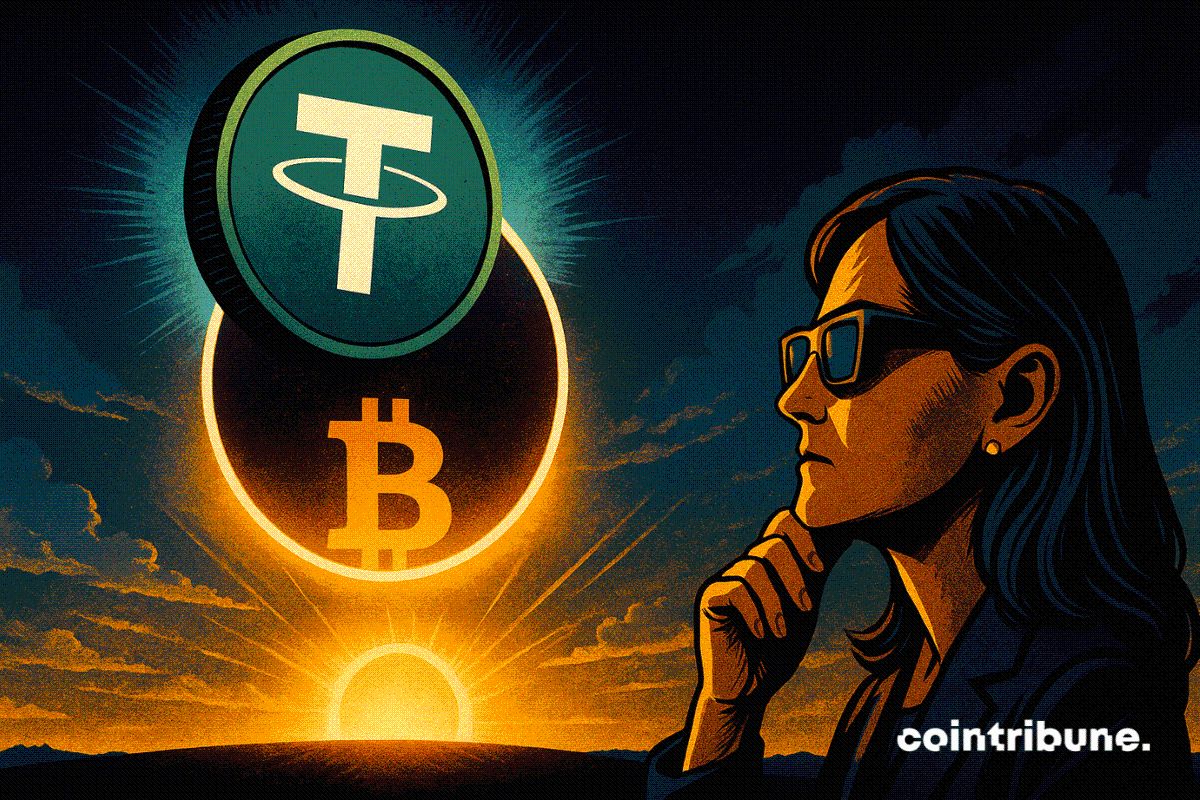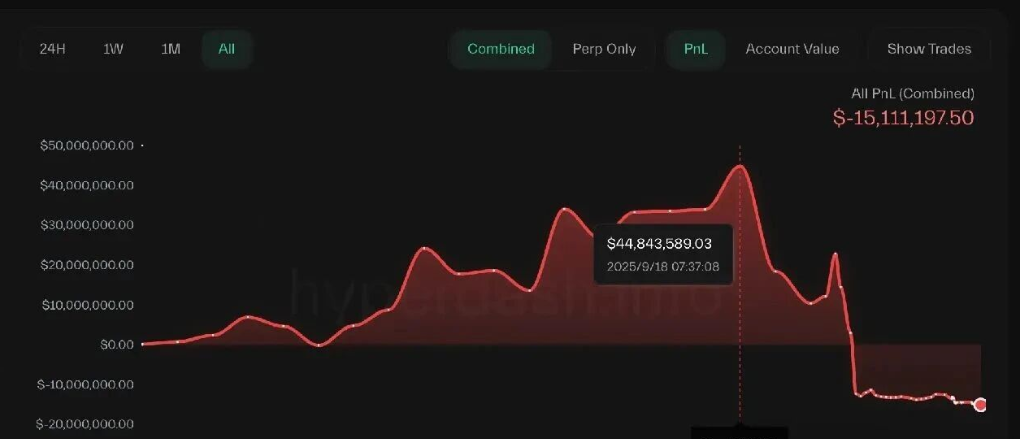Meta's Political Playbook in AI Regulation: Reshaping Tech's Competitive Landscape and Investment Horizons
- Meta's 2025 political strategy leverages super PACs and lobbying to weaken AI regulations, targeting California bills like SB 53 and SB 942. - The company's $64-72B AI infrastructure spending and NVIDIA partnerships drive 50% revenue growth for hardware suppliers. - Google and Microsoft pursue similar deregulatory goals but emphasize ESG commitments, creating sector-wide sustainability gaps. - Federal investigations and state transparency laws pose risks, while infrastructure investments position Meta to
In the high-stakes arena of artificial intelligence, corporate influence on policy is no longer a peripheral concern—it's a defining force shaping the sector's future. Meta's aggressive political strategies in 2025, centered on lobbying, super PACs, and regulatory maneuvering, exemplify how tech giants are rewriting the rules of AI governance. For investors, understanding these dynamics is critical to navigating a landscape where policy outcomes can make or break market dominance.
The Meta Model: Deregulation as a Strategic Lever
Meta's political playbook in 2025 has been nothing short of transformative. By launching the Mobilizing Economic Transformation Across (Meta) California super PAC, the company has injected tens of millions into state-level elections, targeting candidates who champion light-touch AI regulation. This effort, led by executives like Brian Rice and Greg Maurer, is part of a broader strategy to counter bills like California's SB 53 and SB 942, which impose safety and transparency mandates on AI developers.
The financial stakes are enormous. Meta's Q2 2025 ad revenue hit $46.56 billion, driven in part by AI-powered tools like Andromeda and GEM. Its $64–72 billion AI infrastructure spending plan—targeting 2 million GPU units by 2026—has not only fueled growth but also created a symbiotic relationship with hardware providers like NVIDIA . reveals a clear correlation: as Meta ramps up its GPU demand, NVIDIA's revenue surged 50% in Q2 2025.
Meta's political investments have also yielded regulatory dividends. By aligning with industry allies like Andreessen Horowitz and OpenAI's Greg Brockman, the company has amplified its influence in California and nationally. This includes lobbying against federal preemption of state AI laws, a move that preserves its ability to shape state-by-state regulations while avoiding a one-size-fits-all federal framework.
A Sector-Wide Shift: Google , Microsoft , and the Deregulatory Arms Race
While Meta's approach is aggressive, it mirrors broader industry trends. Google and Microsoft, for instance, have similarly prioritized deregulation and infrastructure lobbying. Google's $1.8 million in lobbying expenditures in H1 2025 (up from $380,000 in 2023) reflects its push to dismiss IP lawsuits and secure federal contracts. Microsoft, meanwhile, has focused on energy infrastructure, advocating for policies that support its data centers and AI-driven cloud services.
The key distinction lies in their sustainability strategies. Google and Microsoft have publicly committed to carbon neutrality and detailed environmental reporting, whereas Meta's disclosures remain opaque. This gap could become a liability as investors increasingly prioritize ESG (Environmental, Social, Governance) metrics. shows a steady upward trend, but environmental scrutiny may introduce volatility if regulatory or public pressure intensifies.
Risks and Rewards: The Dual-Edged Sword of Political Influence
Meta's political strategies are not without risks. Federal investigations, such as Senator Josh Hawley's probe into AI chatbots and child safety, could force the company to defend its practices in court. Similarly, state-level bills requiring AI transparency (e.g., California's AB 2013) may limit its ability to operate without oversight.
However, the rewards are equally compelling. By securing a favorable regulatory environment, Meta is positioning itself to dominate the next wave of AI computing. Its partnerships with NVIDIA and its $320 billion industry-wide infrastructure spending (shared with Google, Amazon , and Microsoft) underscore a sector-wide bet on AI's economic potential. For investors, this means opportunities in both direct holdings (Meta, NVIDIA) and indirect beneficiaries (data center providers, renewable energy firms).
Investment Implications: Navigating the Policy-Driven AI Landscape
For investors, the lesson is clear: AI is no longer just a technological race—it's a political one. Here's how to position your portfolio:
Prioritize Policy-Resilient Players: Companies like NVIDIA, which supply critical infrastructure to AI leaders, are well-positioned to benefit regardless of regulatory shifts. Their revenue growth is tied to demand from firms like Meta, making them less vulnerable to policy-specific risks.
Monitor Regulatory Developments: Track state-level AI legislation (e.g., California's SB 942) and federal actions (e.g., the Trump administration's deregulatory agenda). Sudden policy changes could disrupt market dynamics, creating both risks and opportunities.
Diversify Across the AI Ecosystem: While Meta and its allies dominate headlines, smaller players in AI assurance, data privacy, and sustainability are gaining traction. Firms like PwC, which offer AI governance services, could see increased demand as regulations evolve.
Balance Growth and ESG Considerations: As environmental concerns intensify, companies that address sustainability (e.g., Microsoft's nuclear energy investments) may outperform peers with weaker ESG profiles.
Conclusion: The New Frontier of Corporate Power
Meta's political engagement in AI regulation is a masterclass in leveraging policy to secure competitive advantage. By investing in super PACs, lobbying against restrictive laws, and aligning with industry allies, the company has reshaped the regulatory landscape in its favor. Yet, as the sector evolves, investors must remain vigilant. The AI race is no longer just about algorithms—it's about influence, infrastructure, and the ability to navigate an increasingly politicized world. For those who act strategically, the rewards could be transformative.
Disclaimer: The content of this article solely reflects the author's opinion and does not represent the platform in any capacity. This article is not intended to serve as a reference for making investment decisions.
You may also like
Google Finance Integrates AI and Prediction Market Data for Smarter Insights

Kazakhstan launches a billion-dollar crypto fund with seized assets

Ripple Avoids Wall Street After SEC Victory

The Story of Brother Machi's "Going to Zero": Just Be Happy
